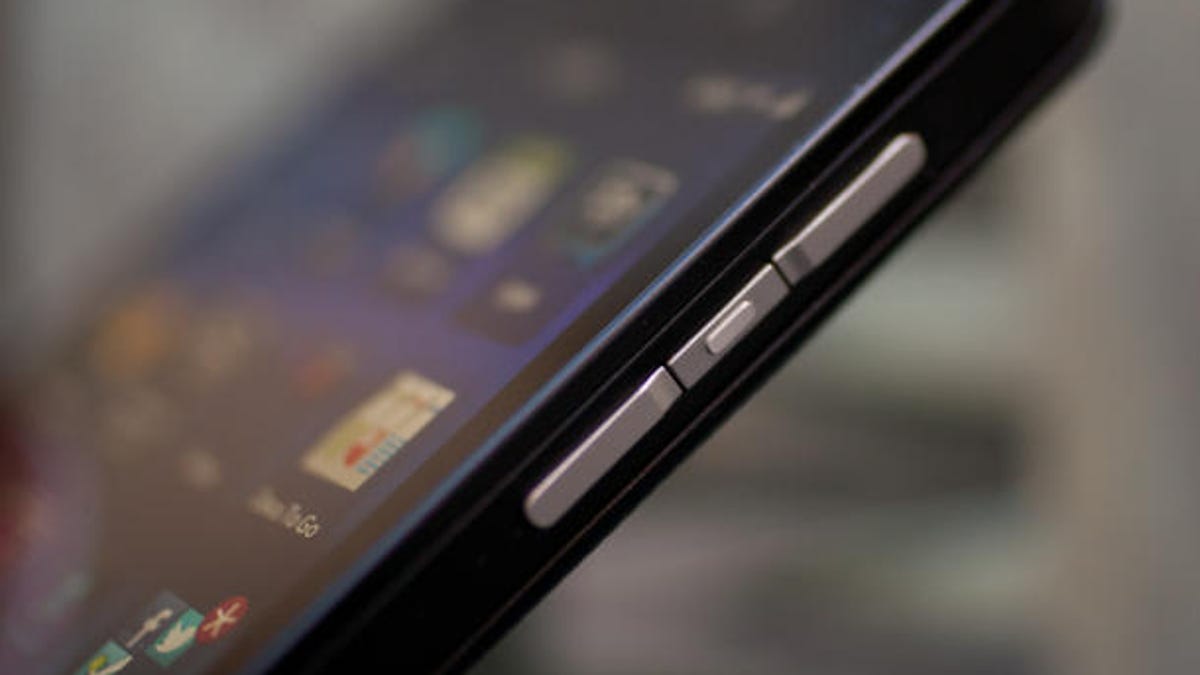Revived BlackBerry still needs to prove itself in U.S.
The BlackBerry Z10 is off to a good start, but it can't declare mission accomplished on its turnaround until it shows it can be competitive in the U.S.

BlackBerry has built up a nice head of steam. The question is whether it can keep the momentum going.
So far, there's been a lot to like about the
All of this is fuel for BlackBerry's turnaround ambitions. The company hopes its next-generation BlackBerry 10 platform, led by the Z10, gives existing BlackBerry users a reason to upgrade and simultaneously attracts customers who dumped the messaging-centric phones for iPhones or Android smartphones. In a true make-or-break moment, the success or failure of BlackBerry 10 and the Z10 will weigh heavily on the ultimate fate of the company.
The real test, however, will be how BlackBerry fares in the U.S. market. AT&T is on track as the first carrier to debut the BlackBerry Z10, which is already available for preorder and hits stores on March 22. Verizon Wireless said yesterday that it would sell the Z10 six days later. T-Mobile USA also has committed to selling the phone.
Why is the U.S. so important? The U.S. represents BlackBerry's biggest market, or an estimated 20 percent of total subscribers, according to Mark Sue, an analyst at RBC Capital. It's also where BlackBerry has been hit the hardest by rivals, and where the company needs to prove it can still compete against the heightened field of smartphone players.
It's important enough that BlackBerry plans to hold another launch party on March 21 to drum up more attention for the Z10. The company sent out invitations to the shindig today.
But it's here that the data stops looking so rosy. Early checks of preorders at AT&T show much less consumer interest than at the Canadian and U.K. carriers, Sue said in a research note issued today. While the carriers will sell the new BlackBerrys, the early support appears tepid. Sprint Nextel, for instance, is skipping the Z10, although it will sell the keyboard-packing BlackBerry Q10, and will reportedly sell its own all touch-screen BlackBerry.
The coming weeks will be crucial for BlackBerry and its mission to recapture the interest of consumers. Its executives have talked about increased carrier support, so it'll be up to BlackBerry's partners to step up their promotional efforts. At this point, it's unclear how enthusiastic they will be.
The Z10 launches at a difficult time. Samsung Electronics' Galaxy S4 is scheduled to be unveiled later today, and the attractive
Samsung Galaxy S4 event: Join us at 3 p.m. PT today (live blog)
While the rise of Android has hurt BlackBerry significantly in some of its largest markets, Samsung in particular is going directly after BlackBerry's core business. The company has shifted the tone of its commercials to highlight the phone's workplace features, and a high-level Samsung executive told CNET that the enterprise is a major priority this year.
That's bad news for BlackBerry, which has long had a lock on the business world, only to see it lose some share to iPhone. Android has been less successful because of the perception that it is less secure, but Samsung is trying to change that.
Not to be outdone, BlackBerry said it would launch its Secure Work Space service, which allows users to separate their work and personal data, on Android and iOS in the second quarter.
BlackBerry, meanwhile, has enjoyed other bits of good news. Its phones sold out in India in two days. The Z10 is the fifth phone in Carphone Warehouse's top 10 monthly phones in the U.K. Sue said BlackBerry appears to be wooing back some of its former users, with 45 percent of Z10 buyers coming from an iPhone or Android device.
The next potential catalyst is the BlackBerry Q10, which will likely attract the hardcore users still addicted to the physical keyboard. Until then, BlackBerry will have to wait and hope that it can keep its strong early run going.

